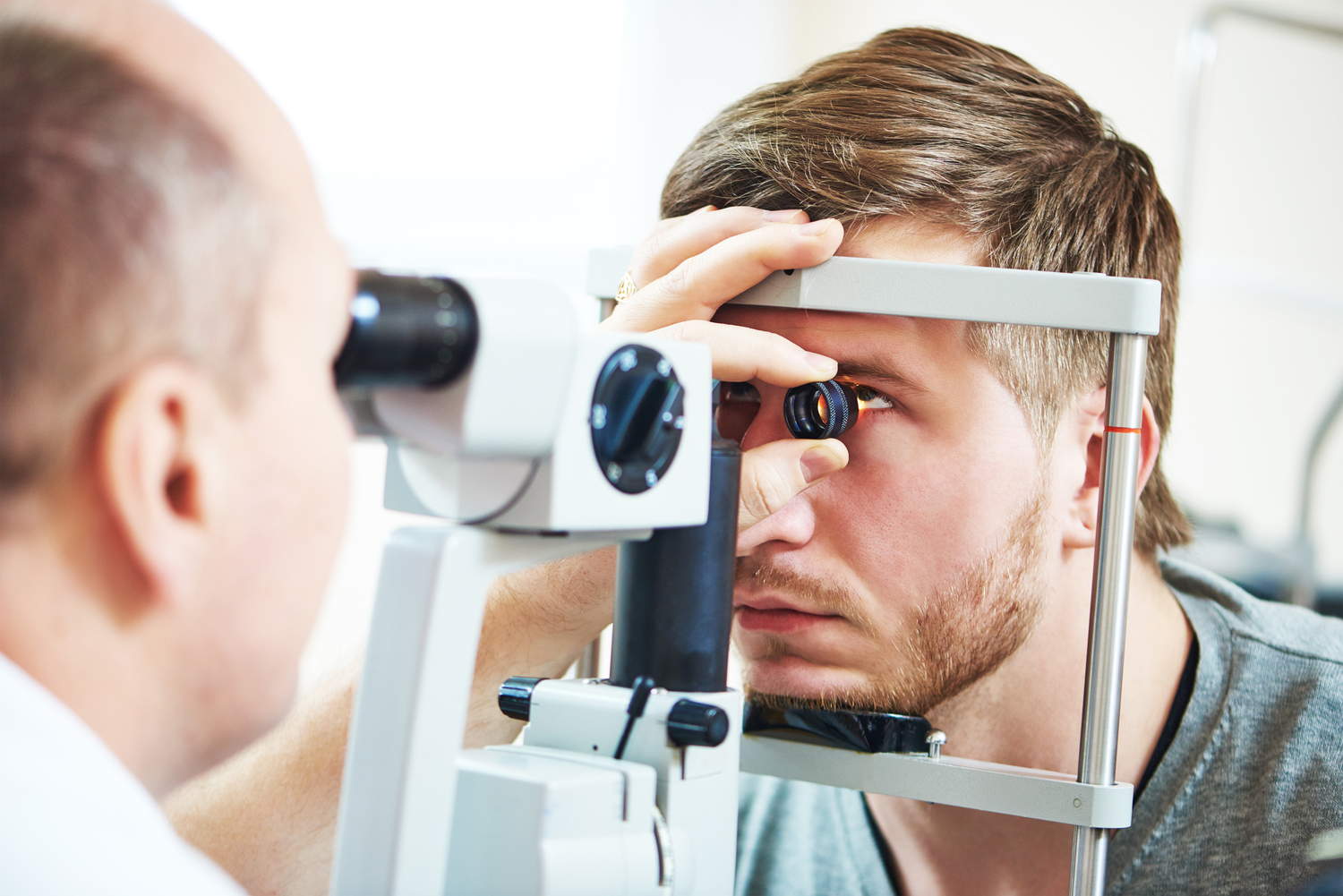An Overview Of Eye Insurance
An overview of eye insurance
Nowadays insurance is vital for every single person. It helps to prepare for situations where your finance may not hold up. There are several kinds of insurance one can take. One among them is vision insurance. It is a popular type of insurance in the US. There are several companies that offer an eye insurance.
What does an eye insurance cover?
- Vision insurance plans vary based on the coverage you are paying for.
- Most eye insurance plans cover the cost of eyeglass lenses, contact lenses, eyeglass frames, basic vision examinations and tests, scratch-resistant coating for the lenses of the eyeglasses, and additional options give coverage for eye surgeries like Lasik and daily usage contact lenses.

Who can get an eye insurance?
- Each insurer and type of eye care insurance has a different criterion.
- You need to give all your information including your medical history to verify if you are eligible for a particular insurance.
- If you want to apply for an eye insurance and are not eligible for it, you can appeal to the insurer who may or may not waive it.
What are the types of eye insurance?
The types of eye insurance vary with the benefits and the discounts that come with the plan. The package typically has the same basics in all of them, these include:
- You get eye care service benefits in return for an annual membership fee. It can be a yearly deductible and you will have to pay a small amount every time you use this service.
- An eye insurance with discount will allow you to use the service and buy products at a discounted rate after you pay the premium.
- Vision insurance can be customized based on the requirements and needs of everyone. It is designed in such a way that all customers from unions, schools, businesses, and the government can opt for it.
Why do you need to get eye care insurance?
- Eye tests can help detect the underlying medical conditions. This is the main reason even those with perfect vision need to get tested once in a while.
- As you age, you will have to get more and more of these tests. Here are the recommended number of times an adult needs to get an eye test, individuals between the age of 20 to 39 years, every 5 years; those between the age of 40 to 54 years, every 2 or 4 years; individuals aged 55 to 64 years, every 1 or 3 years; and seniors between the age of 65 and above, Every 1 or 2 years
- Those who have a family history of poor vision need to go for these eye tests more often.
- If you need to get frequent and thorough tests, then an eye insurance may be beneficial for you. You can look at the cost you are paying for your insurance and the amount you spend on eye tests, eyeglasses, and contact lenses and see which the better option for you is. If the insurance amount covers 100% of what you are spending on your eyesight, an eye care insurance will be worth it for you.
How can you apply for an eye insurance?
You can apply for an eye insurance for your family or as a single individual. You can buy your eye care insurance from the same place you got your health insurance from. You need to give all your information so that you can get approved for the best insurance plan. Below are some tips for how to apply for an eye insurance:
- First, check if the plans offered by the provider include the doctors in your area. For this, you will need to give the right zip code.
- You can use the provider directory to ensure you are opting for a plan that fits your needs and has a specialist in your vicinity.
- If you need to get your eyes tested and get contact lenses or eyeglasses, it is best to opt for a plan that does not require you to wait for long.
- There are many insurers that offer vision and dental insurance together. You can check if such deals are available to you from your insurer, and you can benefit from both.

